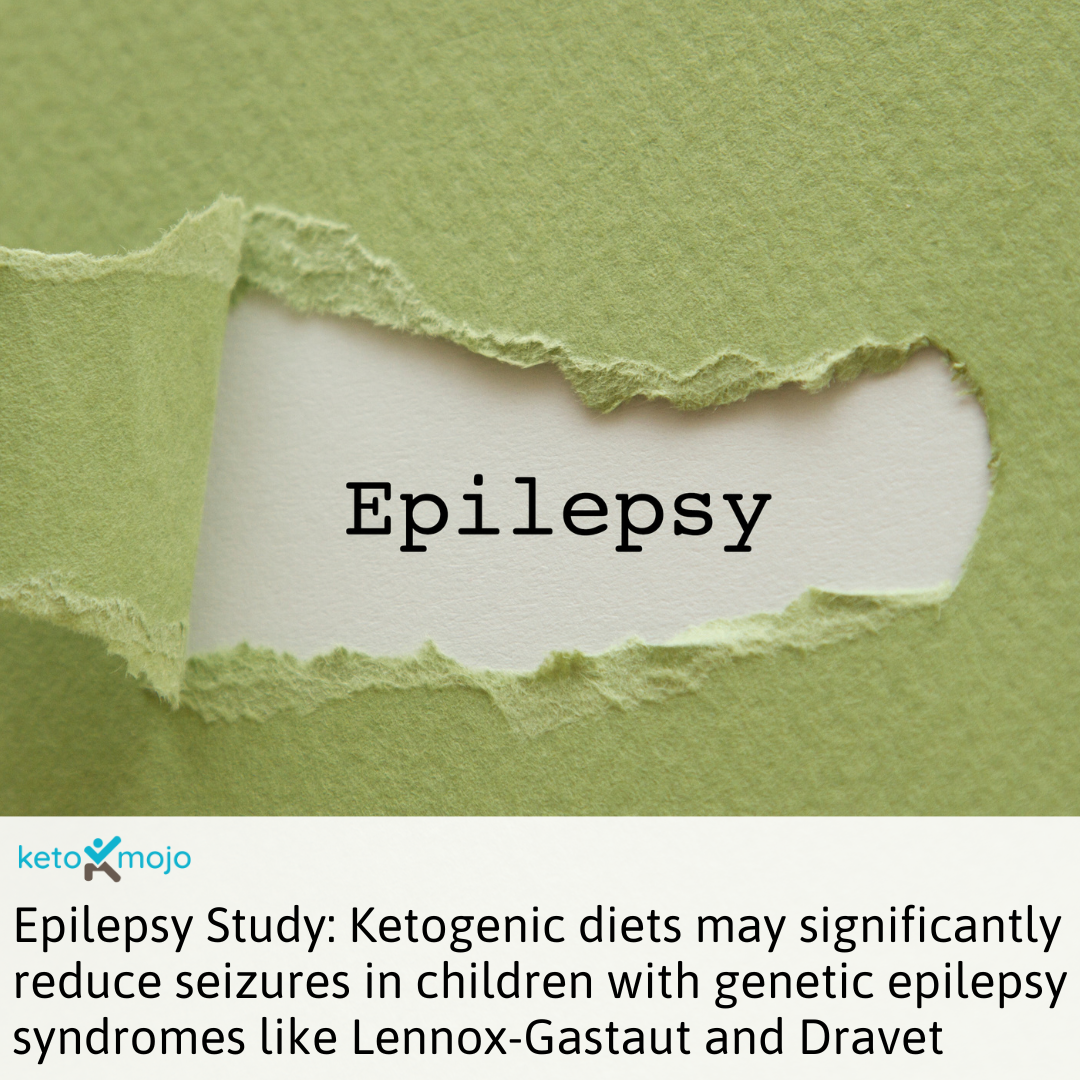Epilepsy, Neurology
Short-term effectiveness and side effects of ketogenic diet for drug-resistant epilepsy in children with genetic epilepsy syndromes

Drug-resistant epilepsy (DRE) affects approximately one-third of all epilepsy patients and is defined by the failure of two or more anti-seizure medications to control seizures. Surgical or neurostimulation interventions may be options for some; however, many children with DRE are not candidates for these treatments. For these patients, the ketogenic diet has emerged as a viable alternative.
Although ketogenic interventions have demonstrated effectiveness in general DRE cases, less is known about their impact on specific genetic epilepsy syndromes such as Dravet syndrome and Lennox–Gastaut syndrome. Recent studies suggest ketogenic diets may benefit patients with certain genetic mutations.
A retrospective study evaluated seizure control in 77 children over 12 months, focusing on patient characteristics such as age, seizure onset, specific genetic epilepsy syndrome, and number of anti-seizure medications used.
Results:
- Overall seizure reduction: 71.4% of patients achieved a 50% or greater reduction in seizures.
- Improvement by syndrome:
- 93.3% of patients with Lennox–Gastaut syndrome (LGS)
- 75% of patients with Dravet syndrome
- 75% of patients with West syndrome
- Age of seizure onset: Patients with later seizure onset experienced higher rates of improvement.
- Anti-seizure medication use: Patients taking fewer anti-seizure medications experienced higher rates of improvement.
These results demonstrate that ketogenic diets can be an effective intervention for managing DRE in children with genetic epilepsy syndromes. Further research is needed to explore long-term outcomes and efficacy across other genetic profiles.



